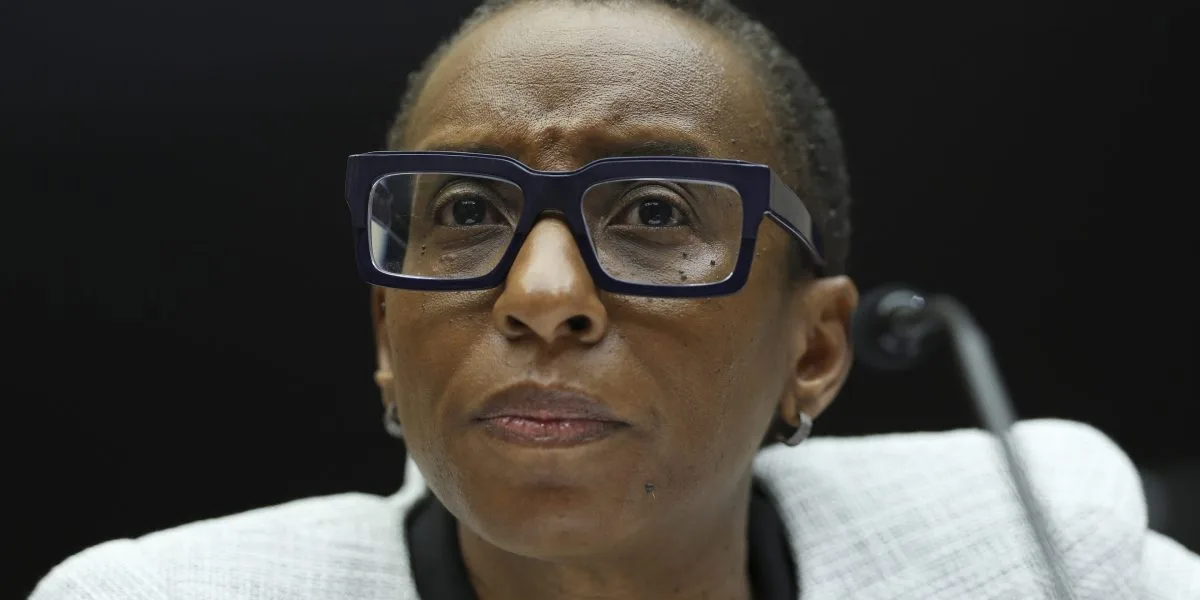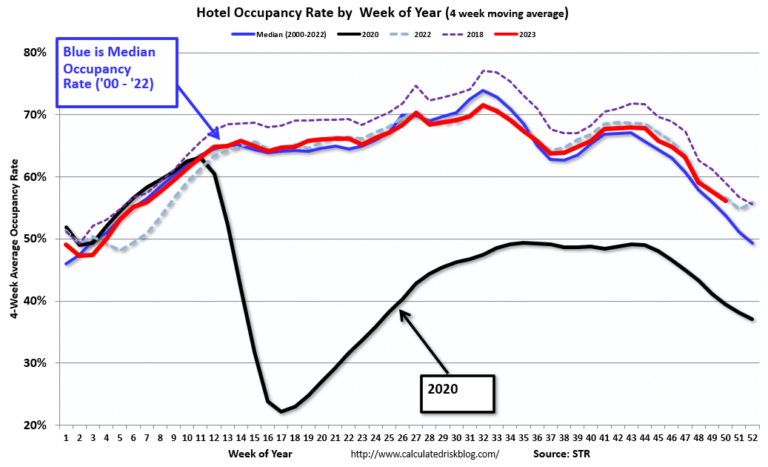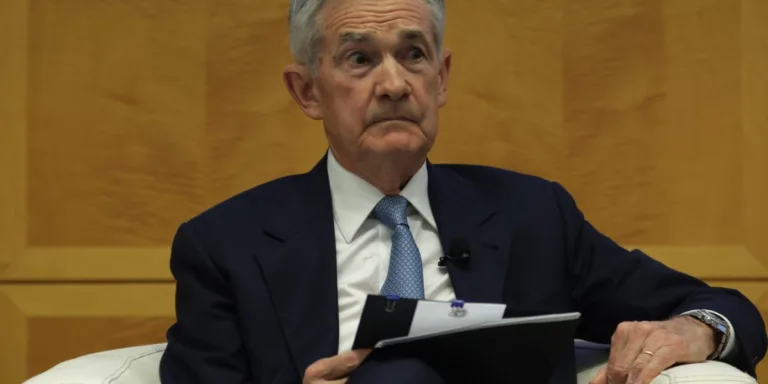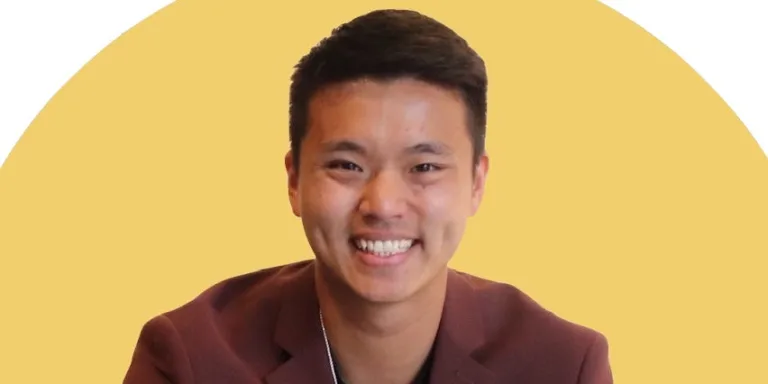Harvard College Sees Drop in Early Admissions Applications Amidst Antisemitism Controversy
Harvard College has reported a 17% decrease in early admissions applications from high school seniors this year, the lowest number in four years, according to the school’s website. This decline follows incidents of antisemitism on campus, which sparked concerns about safety and freedom of speech.
Harvard received 7,921 applications this year for non-binding early admissions, compared to 9,553 applications last year. In contrast, Yale University and the University of Pennsylvania, two of Harvard’s Ivy League peers, reported increases in their early application numbers.
The antisemitism controversy was fueled by the Oct. 7 attack on Israel by Hamas. Reports of harassment targeting Jewish students at Harvard emerged, and the institution faced criticism for not adequately ensuring their safety. The controversy intensified when Harvard President Claudine Gay testified at a congressional hearing on antisemitism and free speech on Dec. 5, drawing backlash for her statements.
Impact of Incidents and Key Figures
The incidents of antisemitism and subsequent controversies appear to be among the factors contributing to the decline in early admissions applications. Concerns about campus safety and a reevaluation of students’ chances for acceptance may also be influencing students’ decisions. Bob Sweeney, a retired college counselor, suggests that the concern for safety and realistic expectations may be contributing to the decline.
Liz Magill, the president of the University of Pennsylvania, resigned amidst criticism of her testimony at the congressional hearing. Engagement with the antisemitism controversy led to questions about leadership and adherence to school policies at several institutions.
Broader Context
This year’s decline in early applicants comes amidst the Supreme Court’s decision in June to ban race-based admissions in higher education. This ruling raised concerns about the effects on diversity and student enrollments nationwide. Additionally, the conflict between Harvard and other elite schools regarding the antisemitism controversy has fueled an increase in antisemitic incidents on college campuses, as well as reports of Islamophobic and anti-Palestinian sentiments.
Future Outlook
The Department of Education and the House Committee on Education are investigating Harvard as a result of Gay’s congressional testimony. Despite the decline in early admissions applications, Harvard’s dean of admissions and financial aid, William Fitzsimmons, expressed enthusiasm about the incoming class of 692 students. He believes their talents and contributions will greatly benefit the school in the coming years.
Students who have received admission offers from Harvard are not required to accept them and have until May 1 to make their decision. Regular decision applications, the typical route for admission, must be submitted by January 1. Early applications, like those at Harvard and Yale, are non-binding, providing more flexibility to students.







